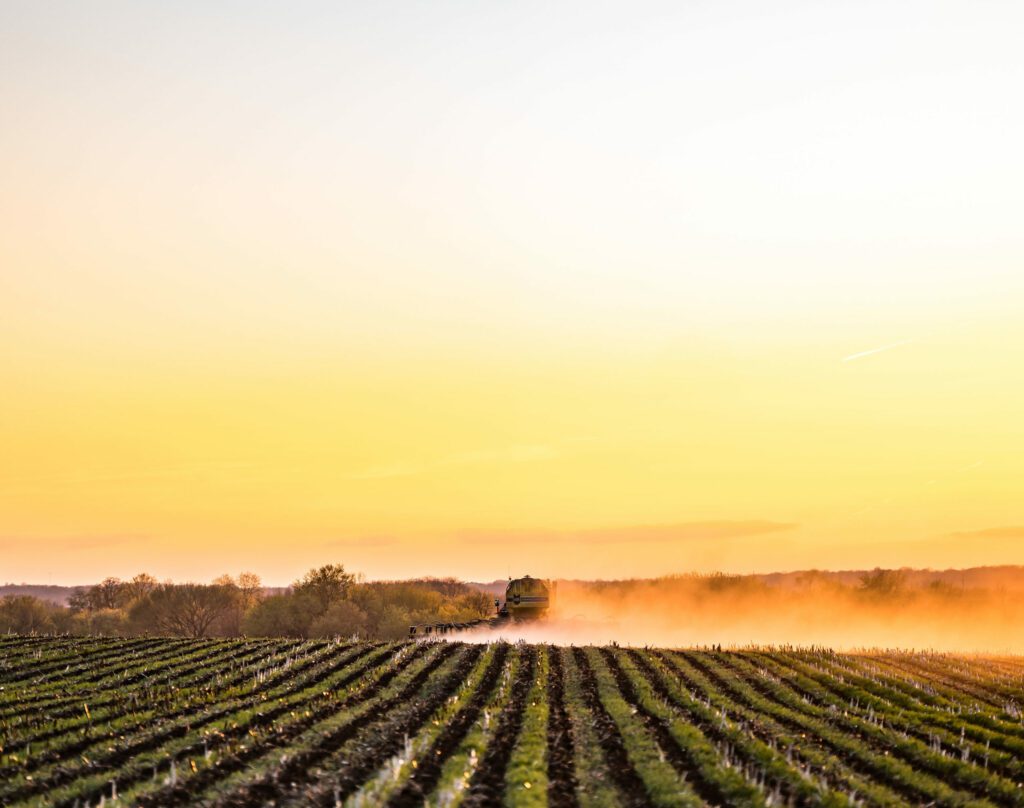Dear farmers and agriculturalists,
It sure seems strange that the corn and bean price can remain so high. If you drive the country, it’s all you see. Does anyone believe the price will stay high forever? The livestock producers and energy makers sure don’t like it. The sad part is the cost of production has gone way up and doesn’t always drop back to where it was when grain prices are reduced.
So, what are you going to do? My suggestion is to become less dependent and more resilient; less dependent on nitrogen, invest in side dress equipment, get set up to add carbon products to your nitrogen (BOOST works great) and do your calcium (it really improves soil structure and resilience). Bio-Cal fits many soils, but get your soils tested. Your BioAg consultant can help. Do the soil correctives as needed this fall; it can cut down on taxes paid and improve your future success. It’s a great time to look at cover crops for improved soil health. Start with the knowledge and the right equipment. You may need a vertical tillage machine, an in-line ripper, all things that help take you to the next level.
I’m a big believer in strip tillage. I went to their conference in Omaha in August. Many of them have been no-till for years and are ecstatic about the change. As they say, it’s like putting a flowerpot under every plant. It also allows you to concentrate your nutrients in the row, but you will need a better source of nutrients (Midwestern BioAg’s) as salts may make things worse. This should save you money while driving yields and success, if done correctly. At our farm, we added chopping heads on the combines saving a stalk shredding trip. This, followed by a vertical tillage pass and rye planting, is setting us up for next year! We also spread compost/manure mineral mix.
Again, driving through the countryside you used to pick out organic farms because of weeds, well that’s not possible anymore. Weeds are everywhere for almost everyone. Improved soil structure, cover crops, different rotation, calcium all help. You are going to need to do something besides add more, and harsher, chemicals. Weed seeds for the most part are little and need tight poor structured soils to do well in. We have studied a strip-till organic system that does a living mulch. Then, when the crop is up knee-high or so, mow the mulch and blow it in the row to not only provide nutrients but also cover weeds. But that’s organic. I see many conventional farmers are looking at our methods. I just did a podcast with the Strip-Till Farmer outlining our system. Look at the economics and see if there are right to make some of these changes and set your future in place. You will need to get cleaner, more efficient and build carbon if your future is farming. Growing more roots, saving carbon (number one step), you have to not only grow more but reduce nitrogen by putting on when and where you need it. Yes, you can burn carbon with excessive tillage, but you also don’t build soil carbon with residues laying on top. Shallow incorporation, deep ripping when needed, as you will also be responsible for what leaves your farm. Surface erosion on many farms is not acceptable (vertical tillage and ripping get water and nutrients in the soil).
Ask your consultant about how Midwestern BioAg can help. Think forward. Have a great fall and get ready for the future.
GFZ

